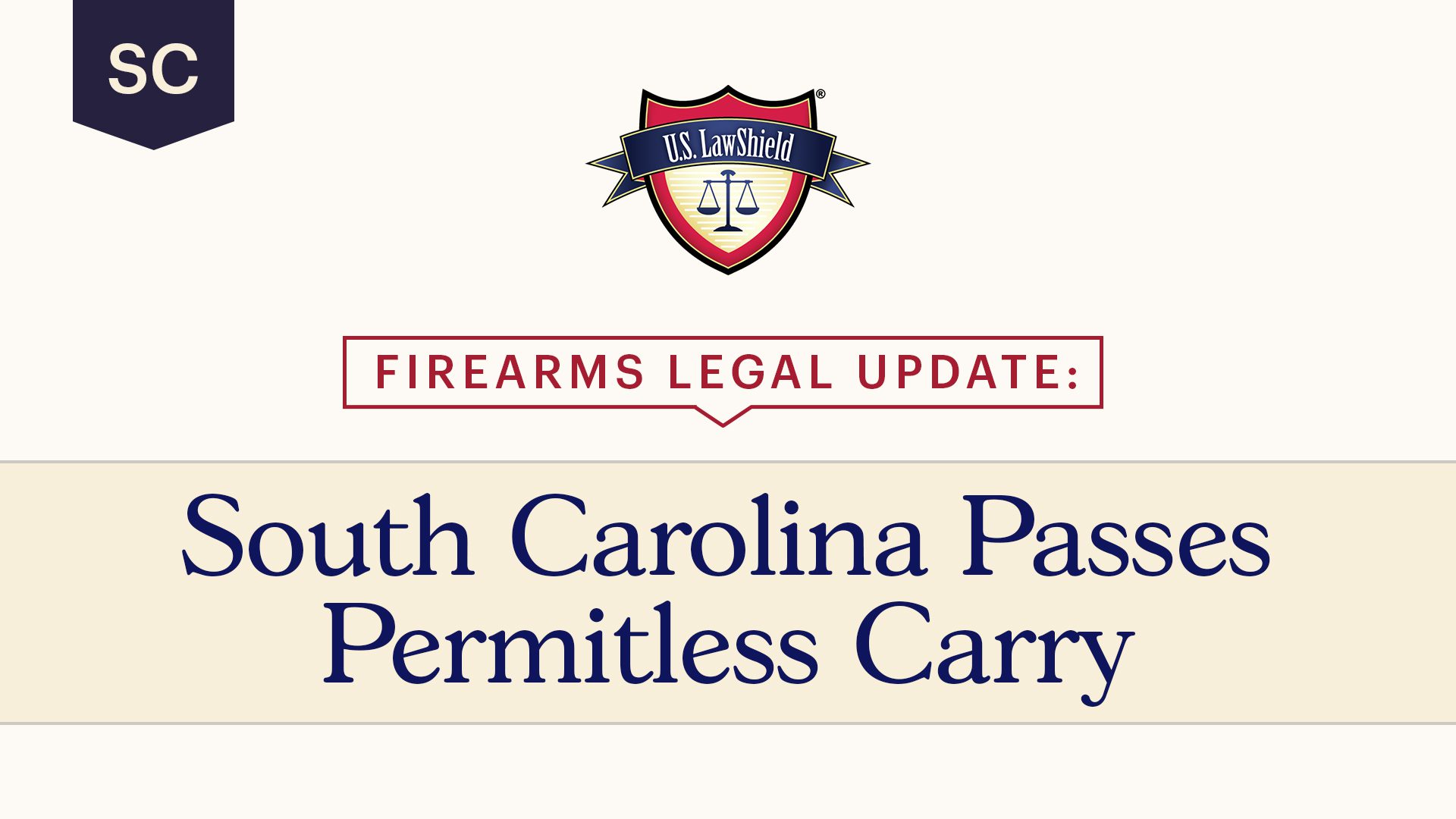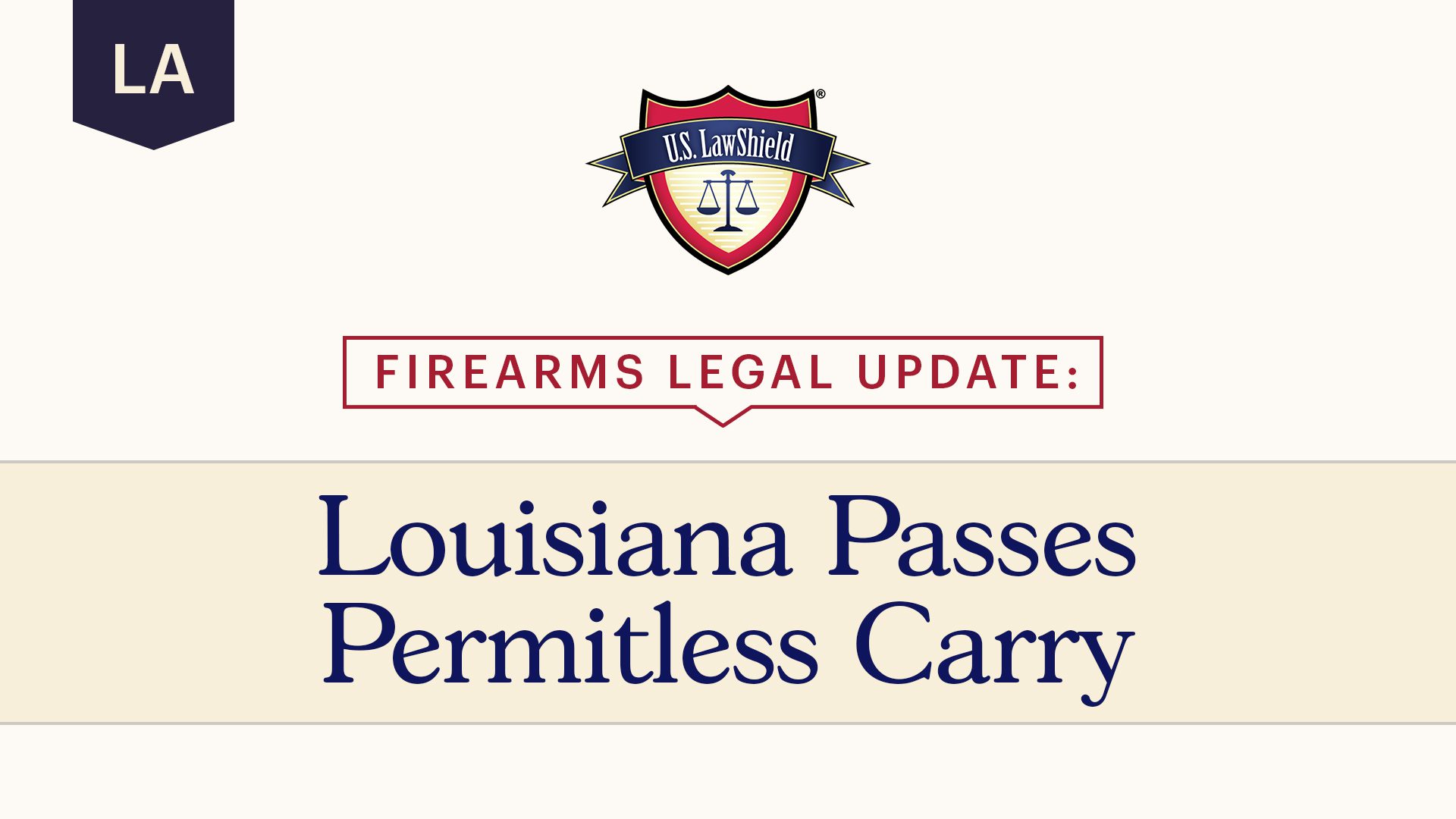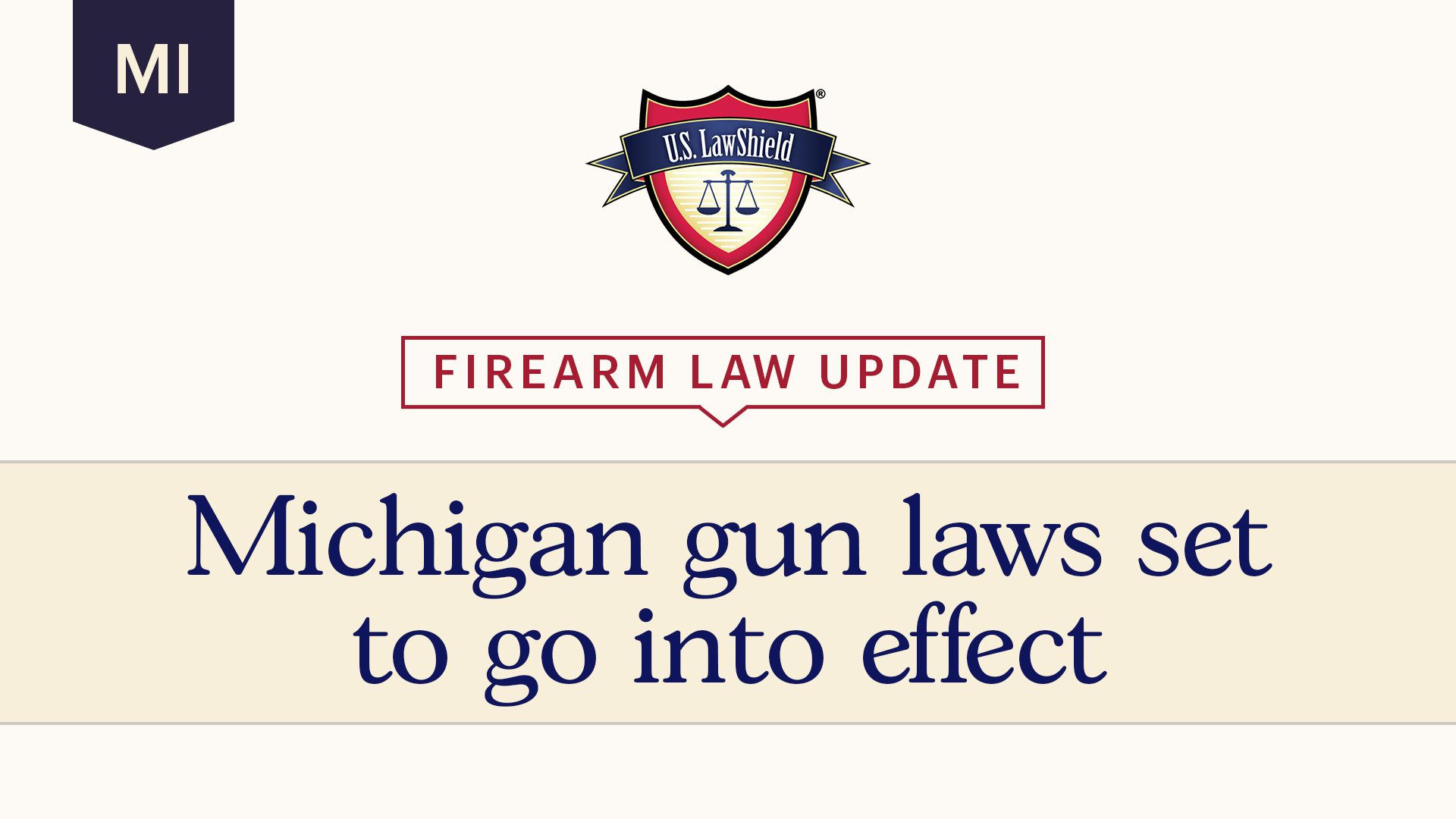The following is a video transcript.
In prior videos, we have discussed what you need to know if you want to give someone a handgun. Today, we are going to look at the other side of the conversation… if somebody gives you a firearm.
Gifted A Gun from an Out-of-State Resident
Let’s say you have family over for Christmas. Under the tree you find a box with your name on it from your parents who live out of state. When you open the box, you find your father’s Desert Eagle you’ve always admired, which he is giving to you for Christmas.
Refuse the gift. Even though he is your father and it is his gun, under federal law a person may not directly transfer ownership of a firearm to another person unless both parties are residents of the same state. If you accept the gift, both you and your father have committed a federal felony punishable by up to five years in prison, and up to a $5,000 fine. The only lawful way to transfer a firearm between two people who live in different states is through a Federal Firearms Licensee (“FFL”). And yes, this includes gifts exchanged between family members.
Gifted a Gun from a Resident of the Same State
Say you’re at a holiday party at your parents’ home in Florida (the same state you live in). If you have a Concealed Weapon and Firearm License (“CWFL”), then you can carry your new gun as you usually carry. But if this is your first gun or you do not have a CWFL, it is important you remember Florida does not allow open carry in most circumstances, and you cannot concealed carry your firearm on your person. However, you are allowed to have a firearm in your vehicle even without a CWFL as long as the firearm is securely encased or not readily accessible. This means you can keep it loaded, in a closed container in the car—including the glove box or center console—as long as it is closed. You cannot keep it on your person in the car unless you have a CWFL.
Firearm Registry
There is no firearm registry in Florida, so you do not need to register your new firearm. However, it is a good idea to photograph the firearm, including a close-up of the serial number. If the firearm is ever lost or stolen, you will have the information to provide police in hopes they may recover the firearm at some point.
Finally, remember that in general, you must keep your firearm inaccessible to minors under the age of 16 years old. If there are children in your home, this means locked in a gun safe or with a trigger locking device, or in a place where they will not have access to it.
We hope you have a great, healthy holiday season and a Happy New Year! Should you have any firearm-related questions, please call U.S. LawShield and ask to speak with an Independent Program Attorney.





Leave A Comment